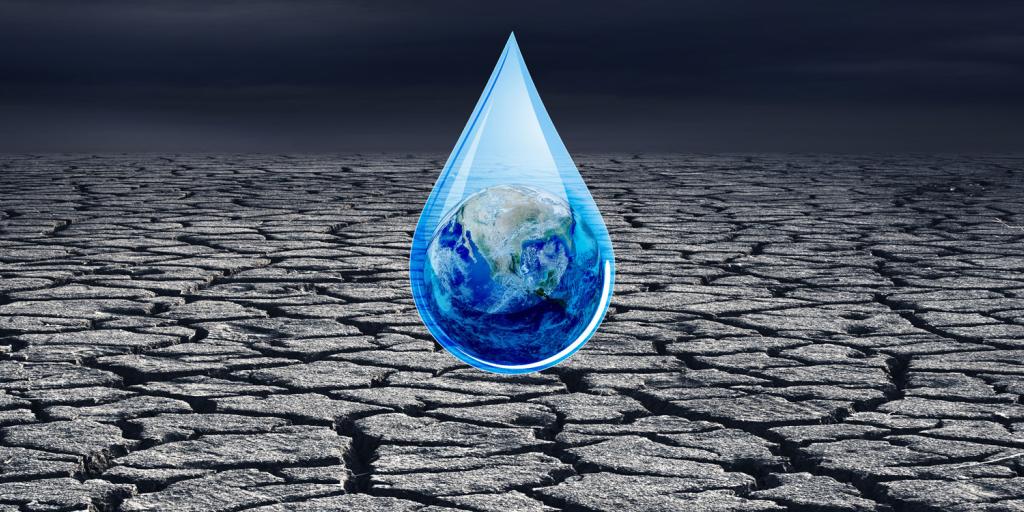
Global Water Shortages
Nearly a billion people dwelling in cities around the globe are experiencing a crisis concerning access to water, and in the next three decades, that number is predicted to double, according to a new United Nations report (The Guardian, March 21, 2023). In fact, water demand in cities is predicted to increase by 80 percent by 2050. Currently, two to three billion people experience water shortages for at least one month each year. About two billion people do not have access to safe drinking water, and 3.6 billion do not have access to “safely managed sanitation.”
According to the UN report, global demand for fresh water will surpass the supply by 40 percent, in just seven years! And by 2030, only 37 percent of people in sub-Saharan Africa will have access to safely managed water (The Guardian, March 22, 2023). Aside from the challenge of worldwide droughts, many industries also consume or pollute huge amounts of water.
These concerns took center stage at a recent three-day conference on global water needs, hosted by the UN. Many good ideas were proposed at the conference, and billions of dollars were pledged to address the global problem. But will this conference bring about real and lasting change? Mankind’s history and the track record of UN efforts give little hope for significant improvement. As human greed and selfishness continue to be driving forces in individual behavior and political policy, those with access to water will likely continue to exploit what they view as their resource.
God gave Adam and Eve a commission back in the garden of Eden to be good stewards of the creation. Yet, this is an area where mankind repeatedly falls short. This is a major reason why “the earnest expectation of the creation eagerly waits for the revealing of the sons of God” (Romans 8:19). The world needs a real change, and that change will not occur until Christ returns and establishes His Kingdom. When He does, not only will humans learn to cooperate, but the needs of life will become abundantly available, and “the desert shall rejoice and blossom like a rose” (Isaiah 35:1). To learn more about this coming transformation, be sure to read or listen to our exciting booklet The World Ahead: What Will It Be Like?



